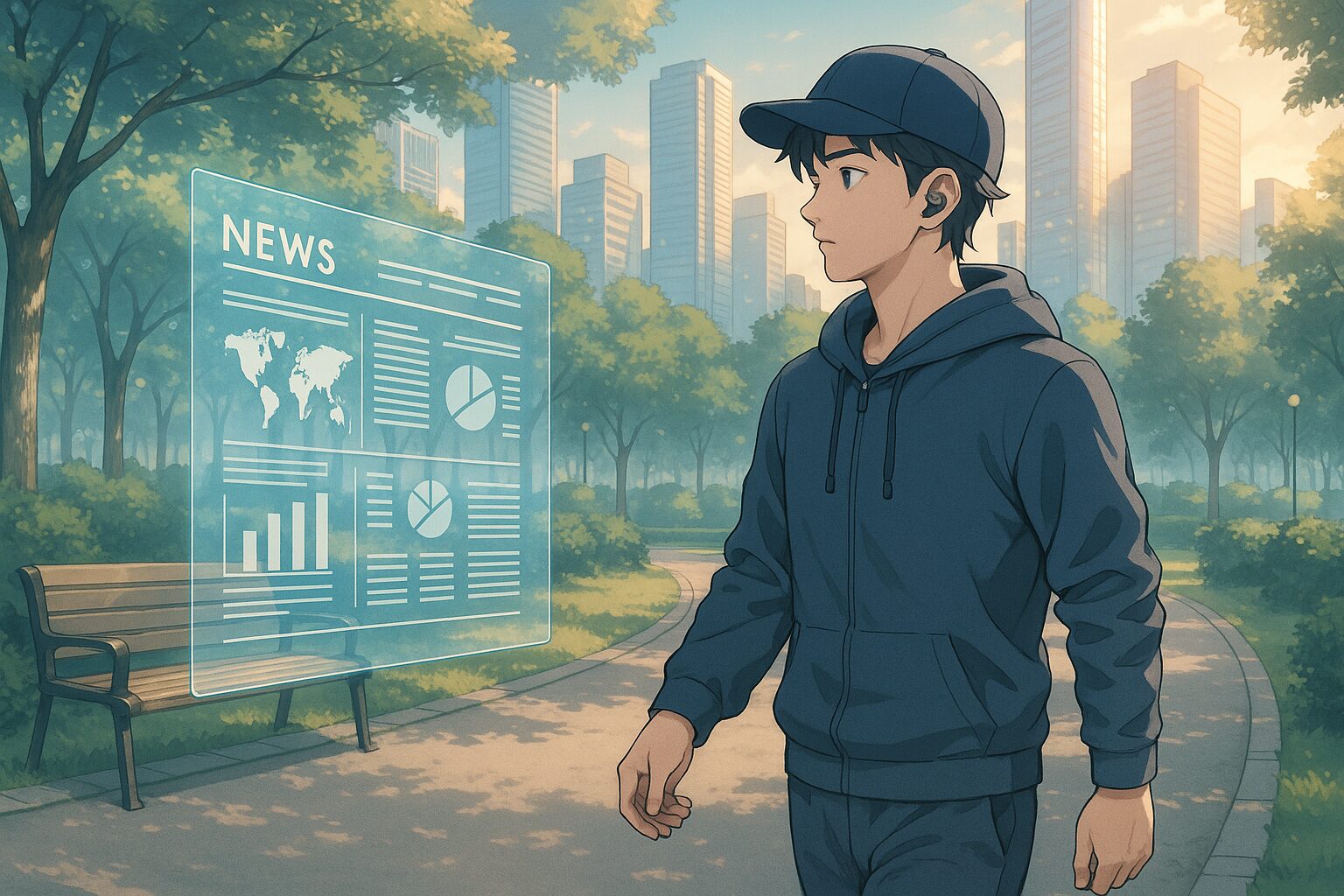Emergency! How to Avoid a Future Where Unexpected Expenses Deplete Your Savings?
At 2 AM, a sudden phone call wakes you up. Someone in your family requires emergency hospitalization. Have you ever imagined such a situation? Events like this could wipe out your savings overnight. If this trend continues, how will our lives change?
1. Today’s News: What is Happening?
Source:
https://www.simpletaxindia.net/2025/05/emergencythree-words-that-can-ruin-your-savings-overnight.html
Summary:
- Sudden medical emergencies can strike a heavy blow to household finances.
- Many families face financial strain due to inadequate preparedness.
- Inadequacies in the healthcare system and insurance increase individual economic burdens.
2. Three Structures Behind the Issue
① The Structure of the Problem Currently Occurring
Due to insufficient healthcare systems, emergency medical costs pose a significant burden on individuals. Limited insurance coverage exacerbates the issue.
→ “Why is this problem happening now? What mechanisms have led to this?”② How It Relates to Our Lives
Unexpected expenses can happen to anyone, but families with less savings are more affected. Our daily choices, such as reviewing savings and insurance, may help mitigate such risks.
→ “How does this problem relate to our economic stability?”③ Us as ‘Decision Makers’
We can strengthen our personal preparedness rather than just waiting for changes in social systems. Improving financial literacy and considering risk management is important.
→ “Should we wait for society to change, or should we change our perspectives and actions?”
3. IF: What Will Happen If This Continues?
Hypothesis 1 (Neutral): A Future Where Emergency Medical Costs Become Routine
Sudden medical expenses will constantly cast a shadow over household budgets, and the reality of dwindling savings will become normalized. Family bonds may deepen, but financial anxiety will become commonplace. A society that demands budgeting skills will emerge.Hypothesis 2 (Optimistic): A Future Where the Healthcare System Significantly Develops
The government and corporations cooperate to improve the healthcare system. Individual burdens are alleviated, creating a society where people can live with peace of mind. Interest in health and welfare rises, and preventive medicine becomes widespread.Hypothesis 3 (Pessimistic): A Future Where Economic Stability of Households Is Lost
Continued soaring medical costs push many families into financial crisis. The cycle of poverty deepens, and anxiety spreads throughout society. Individualism progresses, and the spirit of mutual aid diminishes.
4. What Choices Can We Make Right Now?
- Action Plan: Review savings, optimize insurance, strengthen financial education.
- Thought Tips: By understanding risks, we can expand future choices.
5. Work: What Would You Do?
- Wait for improvements in social systems.
- Review personal savings plans.
- Enhance mutual aid in the community.
6. Conclusion: Preparing for 10 Years Ahead, Choosing Today
How we perceive this problem and what future we choose is up to us. What kind of future have you envisioned? Please share through social media quotes or comments.


